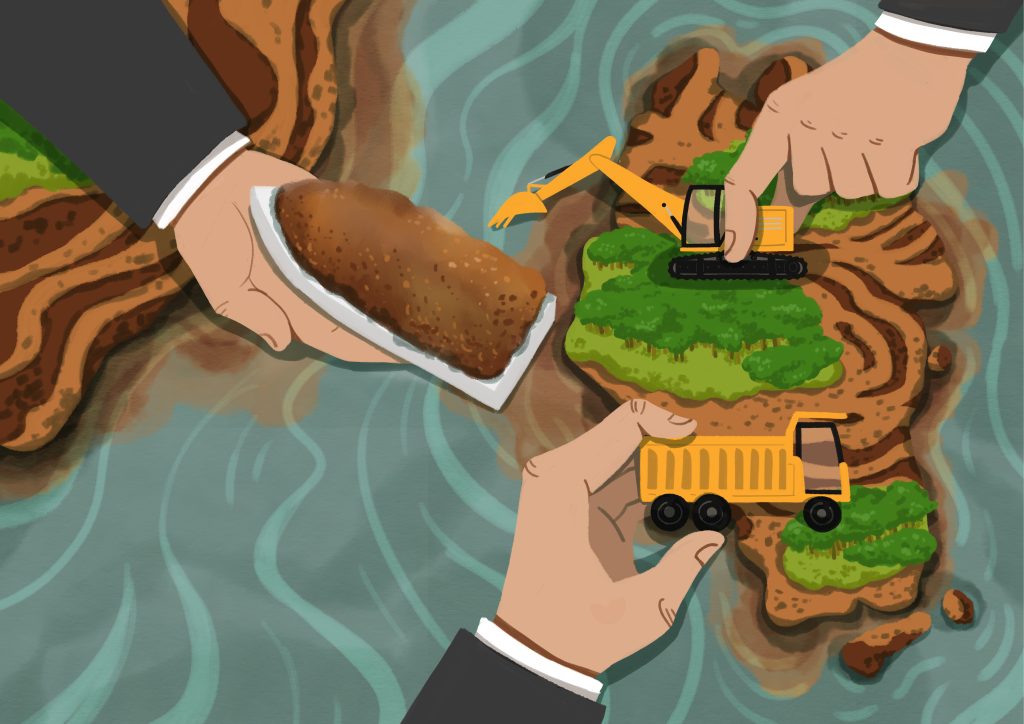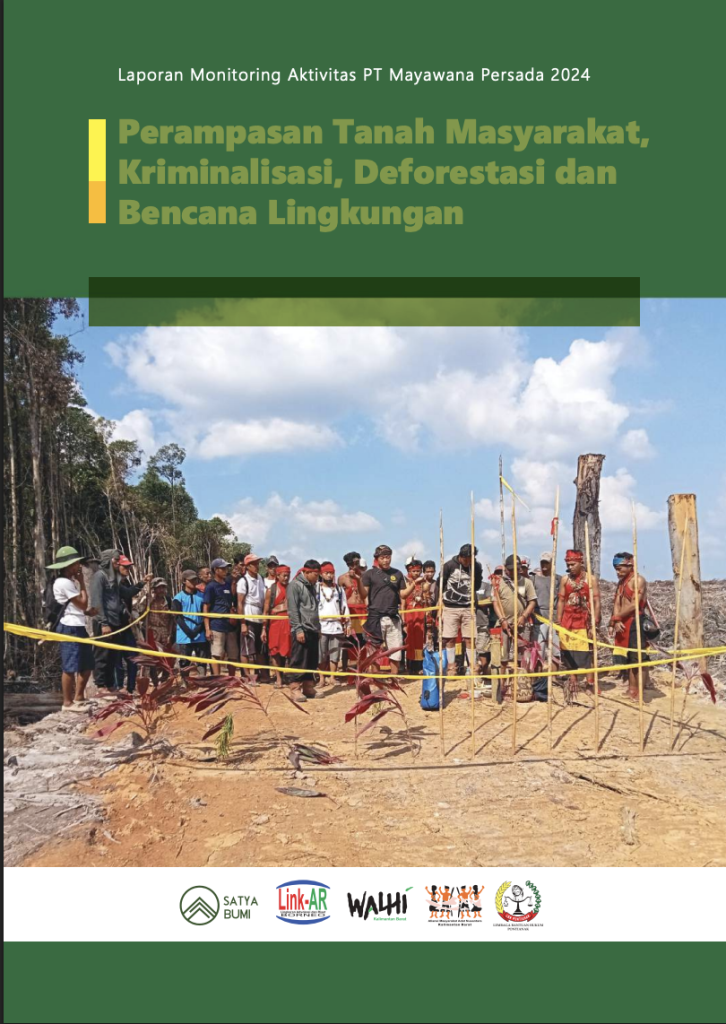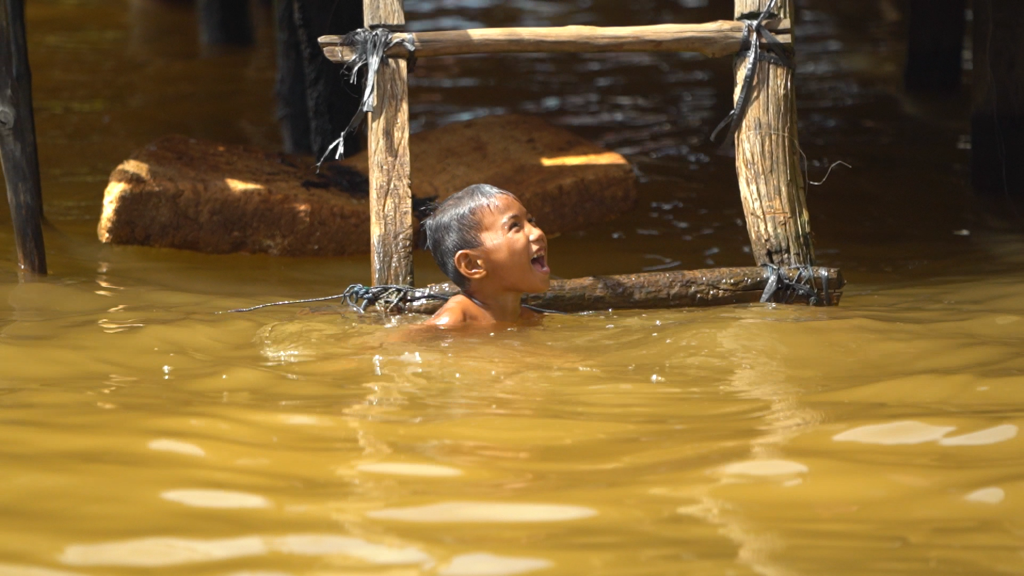Amid the scorching heat wave sweeping Southeast Asia, the Association of Southeast Asian Nations (ASEAN) agreed to draft a plan for environmental protection.
In this draft, ASEAN acknowledges the right to a clean, safe, sustainable, and equitable environment. The draft also recognizes the right to undertake various forms and efforts of environmental protection and guarantees the safety of those who do so. It includes the rights of women, children, minorities, people with disabilities, and other vulnerable groups to participate in environmental decision-making processes.
Despite addressing existing issues to some extent, Satya Bumi has identified several critical notes for reconsideration to improve the draft.
Firstly, the draft declaration does not mention corporate accountability for environmental damage. Article 19 of the March 2024 draft on access to justice appears to absolve companies of their responsibility for environmental damage.
According to international standards, the United Guiding Principles on Business and Human Rights and comments made by the Special Rapporteur, David Boyd, state that countries must ensure businesses conduct assessments of human rights and environmental violations within a due diligence framework and then provide remedies.
Article 19 on access to justice includes the clause ‘to be determined by a court or competent authorities,‘ which will make access lengthy and exhausting for victims of violations. According to the aforementioned international standards, businesses should be able to predict potential damage and violations, prevent them, and provide remedies if they occur. The ‘institutionalist’ perspective in the chapter on Access to Justice will only add a double burden on the victims of human rights and environmental violations.
Furthermore, in the draft, it seems that countries are washing their hands of what companies do to the environment. There are no clauses mentioning the obligation of states to regulate environmentally friendly and sustainable business sectors.
Most environmental problems arise from massive and destructive exploitation of natural resources by corporations. There is also no mention of environmental sanctions if member states fail to implement citizens’ rights as stipulated in the declaration.
A Step Backward in Solving Environmental Issues
Secondly, although it claims to involve many parties, including non-governmental organizations and environmental organizations, the drafting process is still not democratic enough, not transparent, and seems rushed. As a result, many important aspects are overlooked, such as the obligation of member states to have a planetary boundaries calculation mechanism supported by scientific and up-to-date data.
Public consultation for this draft was only conducted for five weeks until the end of April 2024. This clearly is not a serious gesture from ASEAN in involving public participation in finalizing the declaration, which will be adopted at the ASEAN non-aligned meeting in Laos next October.
This draft is still too simplistic, not ambitious, and actually takes a step back. Considering the environmental problems in Southeast Asia are already so complex and massive, requiring concrete solutions. Southeast Asia is home to critical minerals for energy transition, putting it in direct confrontation with planetary crises: climate change, biodiversity loss, pollution, and environmental degradation.
Lastly, it is important to note that the International Court of Justice (ICJ) in 2012 issued a stance on the ASEAN Human Rights Declaration, deeming it inconsistent with the spirit of human rights protection enshrined in international agreements and standards.
Moreover, the ICJ noted that this occurred because the input from civil society was not reflected in the Declaration. To avoid repeating this counterproductive condition, the ASEAN Environmental and Human Rights Declaration should consistently align with the development of international standards, seriously accommodate civil society input, and adopt strong provisions for each member state.









